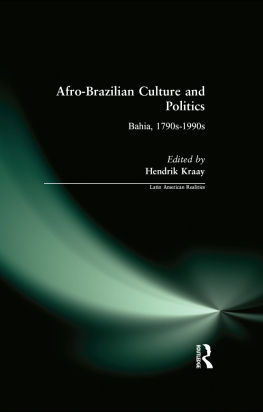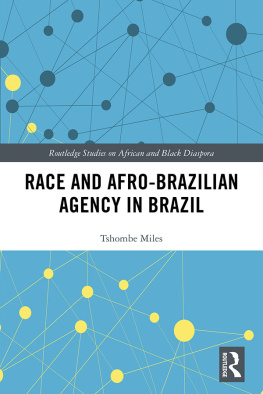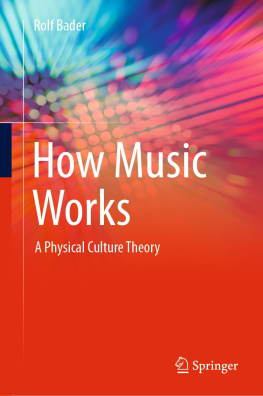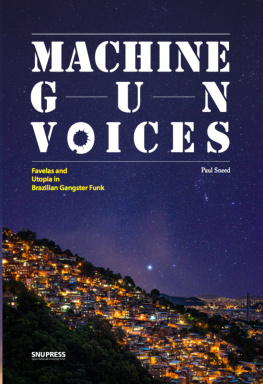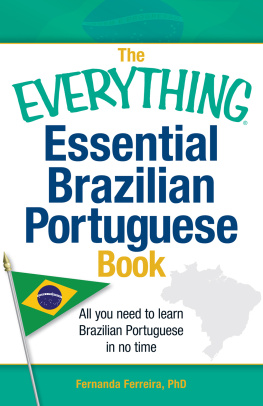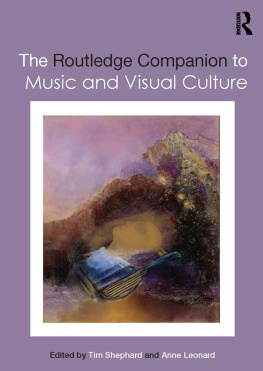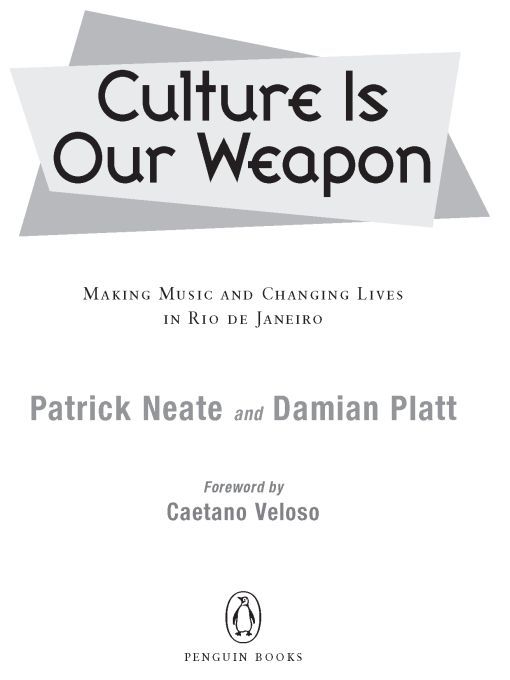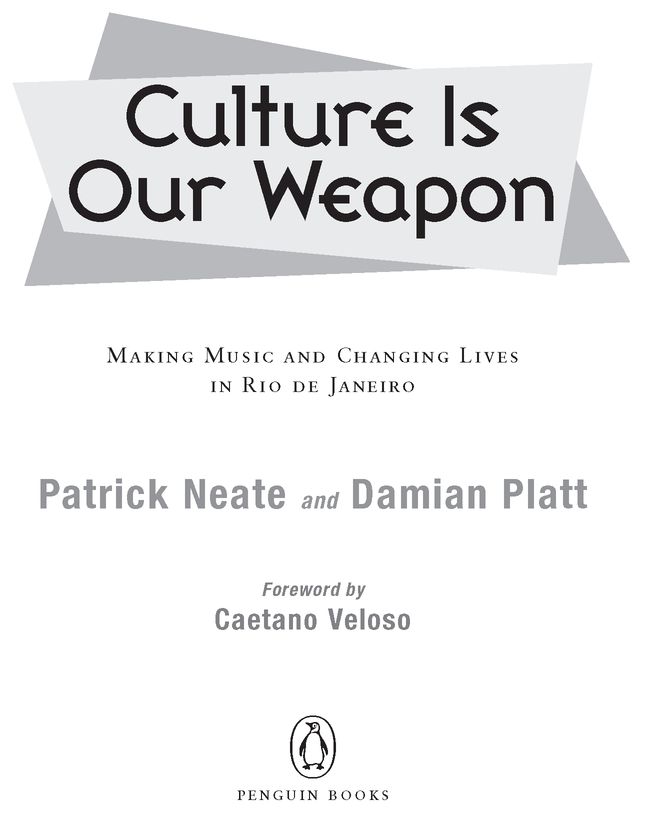Table of Contents
Praise for
Culture Is Our Weapon
MAKING MUSIC AND CHANGING LIVES IN RIO DE JANEIRO
In 1956, I was in Dizzy Gillespies group touring Brazil with the United States State Department. While I was there, Venicius De Morales showed me the first favelas, which even back then had more than three thousand kids with no parents... now there are hundreds of thousands of kids living in favelas all over Brazil. No matter where you are in the world, the ghetto is the ghetto. I grew up on the South Side of Chicago during the Great Depression, and there was something uncomfortably familiar about visiting AfroReggae in Rio for the first time. But despite these difficult circumstances, AfroReggaes incredible talents for the work that they undertake truly inspired me. This book captures the energetic feel of the city and of everything AfroReggae does perfectly.
Quincy Jones
In documenting the rise of a unique NGO, Neate and Platt provide the best and most accessible account of life in Rios favelas. And for once, it isnt all bad news.
The New Statesman
PENGUIN BOOKS
Culture Is Our Weapon
PATRICK NEATE is the author of the novels The London Pigeon Wars, City of Tiny Lights, and Twelve Bar Blues, which won the Whitbread Novel Prize. His book Where Youre At: Notes from the Frontline of a Hip-Hop Planet won the National Book Critics Circle Award for Criticism.
DAMIAN PLATT worked in the office of the International Secretariat of Amnesty International between 1997 and 2005, researching and campaigning against human rights violations in the Americas region. Between 2006 and 2008, he was the International Relations coordinator for AfroReggae. He is currently working to establish a cultural center in Morro da Providncia, Rios first favela.
CAETANO VELOSO is a musician, writer, and political activist who has been called the Bob Dylan of Brazil. He is most often associated with Tropicalismo, a musical movement that encompassed theater, poetry, and music, and which emerged in the 1960s, at the beginning of the Brazilian military dictatorship.
Authors Note
Jos Junior, founder and Executive Coordinator of AfroReggae, came to London in the spring of 2005 to plan AfroReggaes tour of the UK in March 2006. Junior had never been to London before and therefore contacted everyone he knew in advance. That included us. Damian had several dealings with AfroReggae while working as Amnesty Campaigner for Brazil, including helping out during 2004s invasion of the organizations parent favela (shantytown) by a neighboring drug faction. Patrick interviewed Junior and wrote extensively about AfroReggae in his book about global hip-hop, Where Youre At: Notes from the Frontline of a Hip-Hop Planet (Riverhead).
We met in a swanky Soho bar and Junior was, as ever, full of ideas. He was concerned that AfroReggae shouldnt just play gigs but also transmit some of their ethos through discussions, workshops, and the like. Knowing AfroReggaes extraordinary work in Brazil, we were naturally enthusiasticperhaps too enthusiastic. Because Junior produced his pointing fingera gesture with which weve become all too familiarand said it was vital that British people, in fact all people, understood the context in which AfroReggae works; the context of war in a nominally peaceful society. What was required was a book, he said, finger pointing, and we were the ones to write it. For both of us, it turned out to be the first manifestation of something wed long suspected: You dont say no to Junior.
Consequently, we headed to Brazil in October 2005 to research the book youre now reading. Little did we know that wed still be working on it the best part of five years later, or that AfroReggae would have come to play such a fundamental part in both of our lives. For Patrick, this has meant writing extensively about AfroReggae in the British media and several trips back to Brazil, most recently to write about the destruction of the Amazon rain forest and its communities. For Damian, however, it has meant a whole lot more. In 2006, Damian went to work for AfroReggae in Rio and has experienced firsthand many of the successes, failures, and ongoing contradictions that we write about in what follows.
Culture Is Our Weapon is a book about an NGO, certainly. But it is also a book about the strange, ignored, and frankly horrific war thats currently being fought in the beautiful city of Rio de Janeiro. Neither of us is an academic, so this is not an academic book. Rather it is a snapshot of the situation in Rio as it is now. Mostly, however, it is a book about potential, the potential that is released when people from violent, oppressed, and alienated communities seize space and find their voice. AfroReggae is an utterly remarkable organization that has a lot to teach us all. If you take nothing else from reading this, we hope you take that.
There are a couple of things wed like you to bear in mind. First, we have occasionally chosen to use Portuguese words in the text. Sometimes, this is because the Portuguese holds a nuance that, we feel, defies translation and sometimes its just because we think it reads better. All the Portuguese is, however, translated in either the text itself or the footnotes. Second, AfroReggae works in an extremely dangerous environment. Therefore, some names have been omitted to ensure the safety of our friends.
Finally, it is our pleasure to thank the organizations and people without whom this could never have been written: the Arts Council and the British Council in Rio for their financial support, Peoples Palace Projects and the Latin American Bureau for their expertise and enthusiasm, Marton Merritt for his tireless translation, Caetano Veloso for his generous preface and all the people we interviewed from all walks of life who were uniformly eager and helpful. Damian thanks Amanda and Julian Platt for their support in London. Patrick thanks Francis and Patricia Neate for all their reading and notes. Lastly we must thank AfroReggae, both for inspiring this book and, most of all, for inspiring us.
Foreword
I am not from Rio de Janeiro originally but from a small town in Bahia, so I remember how, as a kid, we all used to look to this city for inspiration. It was, of course, the capital during the Empire and then the Republic, but it was also the cultural capital of Brazil. I remember going to the cinema in the 1950s and the images wed see of the city: Copacabana Beach, Sugarloaf, Christ the Redeemer, samba, and Carnival. And, of course, the favelas.
It may seem hard to believe now but, traditionally, Rio is a city that has been proud of its favelas and all the cultural expressions that have emerged from them. So Paulo, for example, is different: the poor areas are a long way from the center, so rich and poor dont feel like they belong to the same town. But in Rio, many favelas are at the heart of the city and theyve always been a source of pride for the whole population. In my teens, I remember sambas praising the particular beauty and happiness of favela life and later, in the 1970s, I often used to visit favelas like Mangueira myself. Even now, youll find the richest and most chic families joining the samba parades because theyre Cariocas and they love to celebrate the culture. But these days something has changed.


